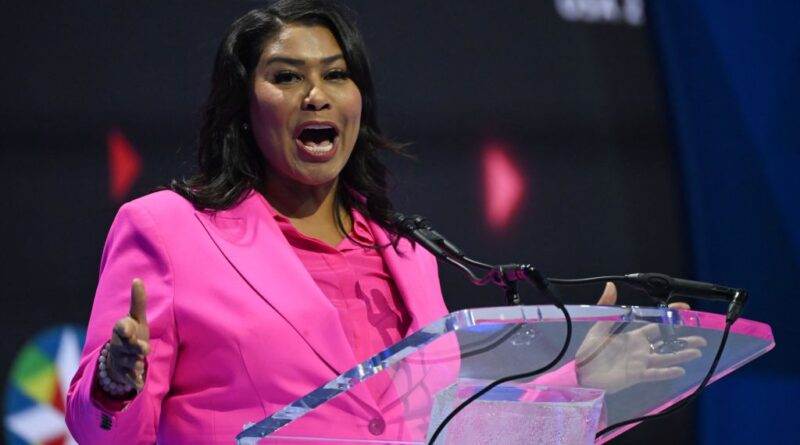San Francisco Wants HBCUs To Open Satellite Campuses In City
by Daniel Johnson
February 3, 2024
Breed says the initiative will not only give Black San Franciscan youth access to better educational programs, but it could open doors for the HBCU students to enter the technology field.
San Francisco Mayor London Breed is encouraging Historically Black Colleges and Universities (HBCIs) to make use of some of the city’s vacant office space to open up satellite campuses.
As Fox 2 reports, Breed said at an event marking the start of Black History Month that she envisions the partner universities to fill a gap on the West Coast. San Francisco’s Human Rights Commission has been working on the plan, and according to Breed, city workers have spoken to representatives from Howard University, Charles R. Drew University, Morehouse College, Morgan State University, Morris Brown College, Tuskegee University, and the University of the District of Columbia.
According to the San Francisco Examiner, the first “Black 2 San Francisco” event was held at the Taube Atrium Theater, located in the War Memorial Veterans Building. Representatives from at least six HBCUs attended the event as the city announced its plans for an HBCU incubator over the summer.
“If you think about it, we don’t have any Historically Black College campuses for students on the West Coast,” Breed said. “They are all in the South and East Coast. How do we bring that experience to San Francisco? We do that by looking at a long-term opportunity.”
As NBC Bay Area reports, over the summer, the commission will host several HBCUs and three San Francisco area universities will be participating in efforts to get HBCUs to expand West: The University of San Francisco, San Francisco State University, and the University of California at San Francisco.
The plan is for 28 HBCU students to come and live in housing provided by the University of San Francisco while San Francisco State will make classrooms available. Guest instructors will rotate and several paid internships will be available in multiple fields. Breed describes the initiative as a way to not only give Black San Franciscan youth access to better educational programs, but it could open doors for the HBCU students to enter the technology field, which is nearly synonymous with San Francisco and the rest of Silicon Valley.
Breed emphasized the importance of this initiative to the future of San Francisco. “In San Francisco, we’re working to build partnerships that strengthen our leadership as a center of education, innovation, and opportunity,” Breed said in a statement. “By bringing HBCUs to our city, we can not only create a connection to empower our next generation of leaders, but we can also contribute to the revitalization of our city. I want to thank all of our private sector supporters, as well as USF, UCSF, and SFSU for their partnership in this work and continued commitment to San Francisco’s future.”
The San Francisco Human Rights Commission Executive Director Dr. Sheryl Davis also released a statement emphasizing the hard work and planning that has the city on the precipice of a historic achievement, “I’m honored and grateful to see this convening coming together today,” Dr. Davis said. “After many years of planning, and months of seeding and working to create meaningful partnerships, all the stakeholders are together to explore how we can connect San Francisco to the incredible talent that has historically been cultivated and supported by HBCUs. Our local higher education partners have been actively involved and are central to this project. These efforts have been a long time coming from both community conversations to design the Dream Keeper Initiative and recommendations from the Reparations Advisory committee. I am heartened to see where the work goes from here.”
RELATED CONTENT: London Breed’s $75 Million In Cuts Eliminates Reparations Office

